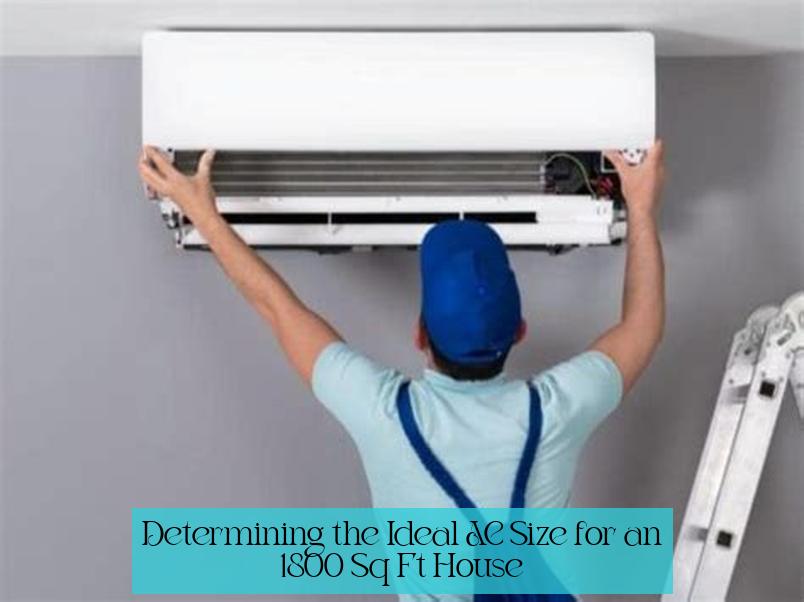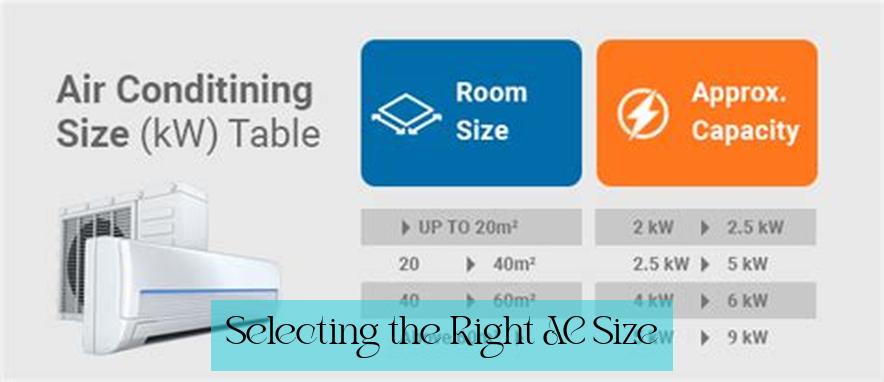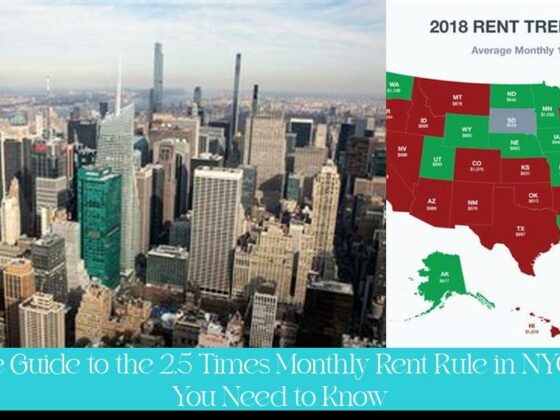Are you sweating over finding the perfect AC size for your 1800 sq ft house? Don’t worry, we’ve got you covered! Determining the ideal air conditioning unit size can be a daunting task, but fear not, we’re here to make it a breeze. From BTU calculations to professional assessments, we’ll guide you through the process and help you keep your cool. So, grab a cold drink and let’s dive into the world of AC sizing!
Key Takeaways
- An average 1,800-square-foot house would need a 3-ton central air conditioning unit, according to the calculation of around 20 BTUs per square foot.
- For a home that is 1,501 to 1,800 square feet, the recommended capacity for an AC unit is 3 tons.
- When considering the size of an AC unit for a 1,600–1,800 square foot house, the recommended capacity is 2.25 tons or 27,000 BTUs.
- For a 1,800-square-foot house, the recommended AC capacity is 3 tons, while a 2,000 square-foot home is best suited for a 3.5-ton AC unit.
- When selecting the right size air conditioner based on square footage, a 1,600–1,800 square foot home would require an AC unit with a capacity of 27,000 BTUs or 2.25 tons.
Determining the Ideal AC Size for an 1800 Sq Ft House

When seeking an air conditioning unit for your 1800 square foot home, it’s crucial to consider various factors to ensure optimal cooling performance. This comprehensive guide will help you determine the ideal AC size for your space, ensuring maximum comfort and energy efficiency.
Calculating BTU Requirements
The British Thermal Unit (BTU) is the standard measure for cooling capacity. To estimate the BTU requirements for your home, multiply the square footage by 20. This formula provides a baseline estimate, but it’s important to consider additional factors like insulation, ceiling height, and sun exposure.
For an 1800 square foot home, the estimated BTU requirement is:
Trending Now — The Ultimate Guide to the 2.5 Times Monthly Rent Rule in NYC: Everything You Need to Know
1800 sq ft x 20 BTU/sq ft = 36,000 BTU
Selecting the Right AC Size

Based on the estimated BTU requirement, the recommended AC size for an 1800 square foot home is 3 tons. This capacity ensures sufficient cooling power to maintain a comfortable temperature throughout your space.
However, it’s important to note that other factors may influence the AC size selection. For instance, if your home has high ceilings or receives significant sunlight, you may need a larger unit. Conversely, if your home is well-insulated and shaded, a smaller unit may suffice.
Professional Assessment
To ensure the most accurate AC size determination, it’s advisable to consult with a qualified HVAC professional. They can conduct a thorough assessment of your home, considering factors like insulation, ductwork, and sun exposure. This assessment will provide a customized recommendation for the ideal AC size for your specific needs.
Benefits of Proper AC Sizing
Selecting the right AC size for your home offers several benefits:
- Optimal Cooling Performance: A properly sized AC unit will effectively cool your home without overworking or underperforming.
- Energy Efficiency: An appropriately sized AC unit operates at its optimal efficiency, reducing energy consumption and lowering utility bills.
- Extended Equipment Life: Oversized or undersized AC units experience unnecessary strain, leading to premature wear and tear. Proper sizing ensures longevity and reduces the need for costly repairs.
- Improved Comfort: A well-sized AC unit maintains a consistent and comfortable temperature throughout your home, eliminating hot or cold spots.
Factors Influencing AC Size Selection
In addition to square footage, several other factors can influence the AC size selection for an 1800 square foot home:
Insulation
Good insulation helps retain cool air, reducing the AC unit’s workload. Homes with poor insulation may require a larger AC unit to compensate for heat gain.
Ceiling Height
Higher ceilings require more cooling capacity to circulate air effectively. A home with high ceilings may need a larger AC unit than a home with standard ceiling height.
Sun Exposure
Homes that receive significant sunlight experience additional heat gain. South-facing homes or those with large windows may require a larger AC unit to offset the increased heat load.
Ductwork
The condition and design of the ductwork system can impact AC performance. Leaky or poorly designed ductwork can reduce airflow and decrease cooling efficiency, necessitating a larger AC unit.
Additional Considerations
Beyond AC size, there are additional considerations for ensuring optimal cooling performance:
Discover – Mastering Affordability: Calculating 3 Times the Rent of $1,500 and Tips for Saving Money
Regular Maintenance
Regular maintenance, including filter changes and professional inspections, keeps your AC unit operating efficiently and prevents costly breakdowns.
Trending — Mastering the 2.5 Times Rent Calculator: Your Ultimate Guide to Affordability
Smart Thermostat
A smart thermostat allows for precise temperature control and energy savings by adjusting the AC operation based on your schedule and preferences.
Read Also : Unlocking the 3x Rent Rule: Calculating Affordable Rent and Exceptions
Zoning System
A zoning system divides your home into separate cooling zones, allowing you to control the temperature in each zone independently. This can improve comfort and energy efficiency.
By considering these factors and consulting with an HVAC professional, you can ensure the selection of the ideal AC size for your 1800 square foot home, maximizing comfort, energy efficiency, and equipment longevity.
1. What is the estimated BTU requirement for an 1800 square foot home?
Answer: The estimated BTU requirement for an 1800 square foot home is 36,000 BTU, calculated by multiplying the square footage by 20 BTU/sq ft.
2. What is the recommended AC size for an 1800 square foot home?
Answer: The recommended AC size for an 1800 square foot home is 3 tons, which provides sufficient cooling power to maintain a comfortable temperature throughout the space.
3. What factors may influence the selection of the AC size for an 1800 square foot home?
Answer: Factors such as high ceilings, significant sunlight, insulation, and shading may influence the selection of the AC size for an 1800 square foot home.
4. Why is it advisable to consult with a qualified HVAC professional when determining the ideal AC size for a home?
Answer: Consulting with a qualified HVAC professional is advisable as they can conduct a thorough assessment of the home, considering factors like insulation, ductwork, and sun exposure, to provide a customized recommendation for the ideal AC size.
5. What are the benefits of selecting the right AC size for a home?
Answer: Selecting the right AC size for a home offers benefits such as optimal cooling performance and energy efficiency, as the AC unit operates at its optimal efficiency without overworking or underperforming.
6. What is the recommended capacity for an AC unit for a 1,600–1,800 square foot house?
Answer: For a 1,600–1,800 square foot house, the recommended capacity for an AC unit is 2.25 tons or 27,000 BTUs, ensuring effective cooling and energy efficiency.










